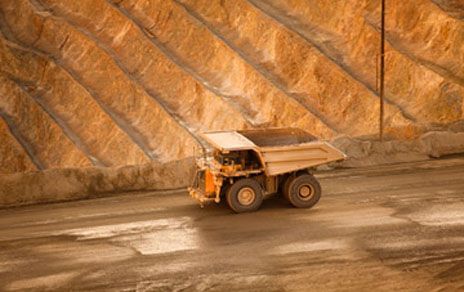European aluminum importers are racing to secure supplies of the metal following an outage at a key smelter in Iceland and before a new carbon tax comes into force, pushing premiums to a nine-month high.
The European aluminum duty-paid premium, which buyers on the physical market pay over the London Metal Exchange price to cover taxes, freight and handling costs, is currently at $324 a ton. It hit $330 on November 3, the highest since late January.
The 320,000-ton-per-year Grundartangi smelter in Iceland, owned by Century Aluminum, cut production by two-thirds in late October due to electrical equipment failure.
It will take an estimated 11-12 months for replacement transformers to be manufactured, shipped and installed, Century CEO Jesse Gary said on an earnings call last week, adding that the potline could be restarted sooner if the failed transformers can be repaired.
Iceland was the EU’s second-biggest supplier of aluminum in the first eight months of this year, sending 241,412 tons. Top supplier Mozambique shipped 337,670 tons to the bloc.
After a two-year transition period, importers of aluminum into the European Economic Area (EEA) will be charged a carbon price under the EU’s Carbon Border Adjustment Mechanism (CBAM) from January 1, 2026, although they will not have to make payment until 2027.
Importers front-loading
Importers have been front-loading aluminum ahead of CBAM, said Wood Mackenzie aluminum research director Edgardo Gelsomino, citing conversations with traders.
“In addition to avoiding carbon costs, they’re also aiming to reduce the administrative burden associated with the new regulation,” he added.
The CBAM charge, which will depend on the emissions of the aluminum smelter behind the metal, aims to put a fair price on carbon emitted during production. It will also apply to EU imports of iron and steel, cement, electricity, hydrogen and fertilizers from next year.
Metal made by Norsk Hydro in Norway and smelters in Iceland, as part of the EEA, will not be subject to the charge.
Aluminum produced by many Middle Eastern and Canadian smelters will face a relatively small cost of 10 euros ($11.66) to 50 euros per ton because of their low direct emissions intensity, said Nick Ogilvie, CBAM lead at carbon accounting software provider CarbonChain.
“But there are certainly smelters whose products are unlikely to be coming to the EU anymore because they’re using very old technology,” Ogilvie added.
($1 = 0.8575 euros)
(By Tom Daly; Editing by Pratima Desai and Ed Osmond)
